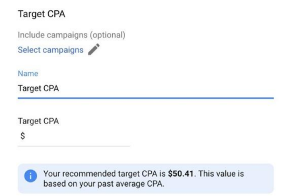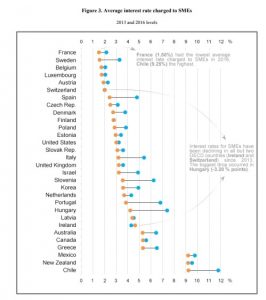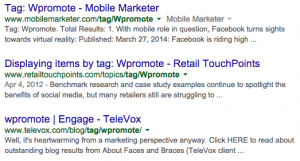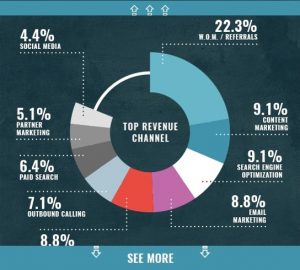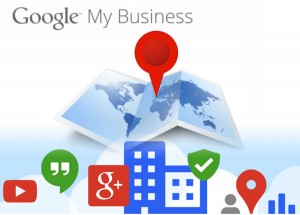Until fairly recently it was common practice to include a career objective at the top of your resume when applying for work. Best practice has since changed however, and this is no longer the standard protocol when it comes to designing a contemporary resume. It’s by no means the only thing to leave off your resume, there are a few others, but it’s up there.
Why? Let’s take a look at various factors that come into play.
Generic objectives
Many candidates fail to tailor their objectives and employers got bored reading the same old stuff over and over…and over, again. You’d be surprised how many applicants claimed to seek a challenging position in which they could be a team player and demonstrate a proactive approach to their work. Yawn!
What employers really want to know is how much value you as a job seeker will add to their business. They don’t have time to waste reading generic statements that apply to the majority of the population. By carefully tailoring your resume, you can create a powerful marketing tool that will strengthen your application no end.
Short on time
Employers today are inundated with applications for each advertised position. Let’s face it, at this stage of the recruitment process they’re not overly consumed with what you as the job seeker wants, but are more focused on what they as an employer seek. Given the average recruiter spends a grand total of six-seconds glancing at each resume, it’s critical that you make those twenty-seconds count and remove any generic statements that don’t contribute to strengthening your story.
Choose a professional profile
In place of the antiquated career objective, some people are now strategically crafting what’s commonly referred to as a professional profile. Here you can include information that demonstrates your strong candidacy and directly relevant skills to those outlined in the job advertisement. Highlight 2-3 key skills as well as any major achievements. Use the remainder of your resume to support this profile and prove how you’ve utilised this same skill set to accomplish a myriad of achievements throughout your career. Your goal is to leave the reader with no doubt that you possess exactly what they’re looking for.
Or a tagline
Another alternative is to include a tagline at the top of your resume, stating what you do and/or where you expertise lies. This should be short and punchy, making a very clear statement and used as a means of grabbing the readers immediate attention.
A strategist with the ability to increase productivity through lean methods in the manufacturing industry and over profitability – Manufacturing Consultant”
A professional profile can be used for any industry but is most suited for professional positions. These are usually the type that require further study beyond that of high school in order to apply. A tagline is a great method for creative positions such as those in the marketing, sales, design and fashion industries for example.
Leverage your cover letter
If you’re still keen to inform a prospective employer of how this advertised position is the perfect next step for your career, use your cover letter to do so. Your cover letter is another powerful marketing tool so use it wisely to demonstrate your suitability. A cover letter should be submitted with all applications no matter your industry or profession, make use of this tool to clearly relay why this position is the natural next step for you.
Business & Finance Articles on Business 2 Community(37)


